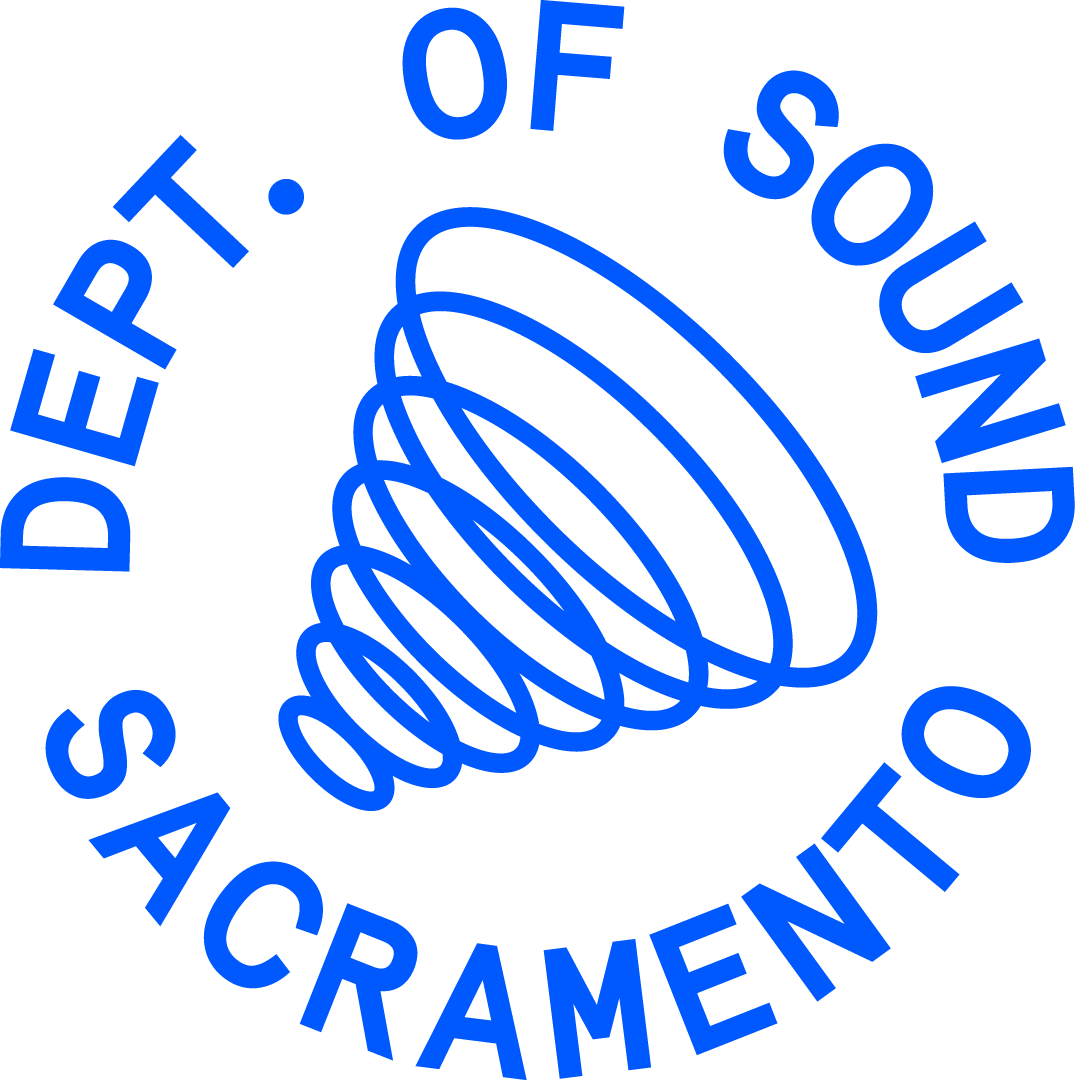What Can Help Make A Successful Arts Program?
Community Engagement
Community networking and involvement is vital for bonding together family members, artists, organizers, businesses, and civic and cultural leaders. School administrators support parent engagement with art programs, arts faculty involvement in community arts events, and student recitals for community audiences.
A School Board That Supports The Arts
It’s typically observed that arts education programs in schools tend to have a school board that supports a policy framework for the arts. To gain support, take part in the development of plans to strengthen arts education and put aside the necessary resources to execute the plan. Set an example by treating arts education equally, and adopt written policies which treat the arts equally to all other subject areas.
Superintendents With A Vision For The Arts
Superintendents play an important role in regulating the successful implementation and vision for an arts program. It is vital that the school’s superintendent articulates the importance of the arts in the school district meetings.
Strong District Arts Coordinator
As a facilitator of art program implementation in a school system, it is important for school districts to designate a full-time job to a District Arts Coordinator. Their responsibilities include nurturing and mobilizing community support, making sure “the arts” remain in budget discussions, screening of teachers, and creating an environment of support for arts education in the community.
Principal
Supporting the arts through district-wide policymaking, the Principal is vital for the implementation of arts education. It is important that high level leaders within the school show they value the arts to make them a part of every school life.
Source: “Supporting Music Education: Critical Factors For A Successful Program,” NAMM Foundation
